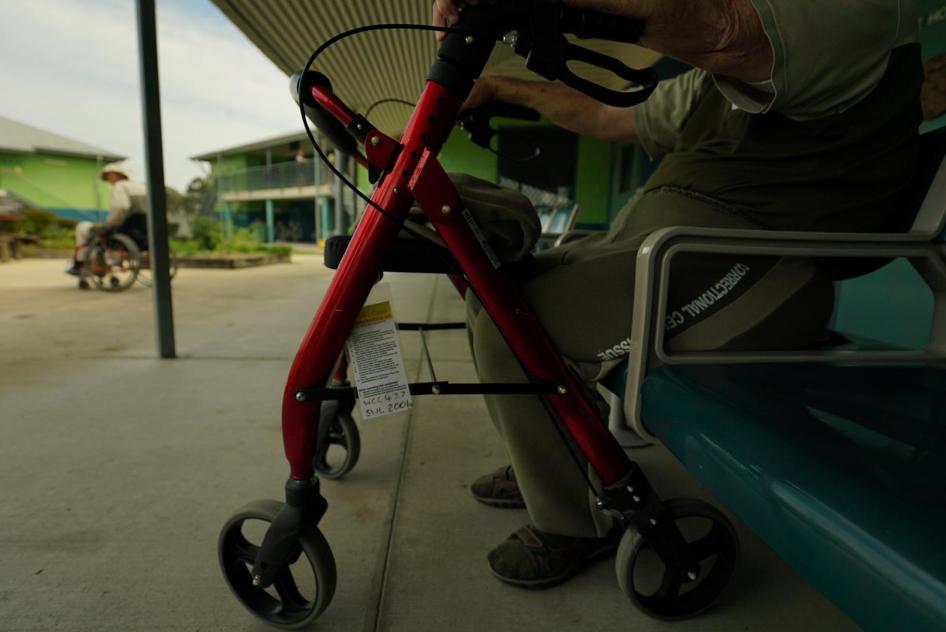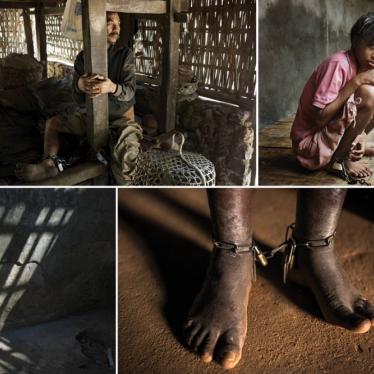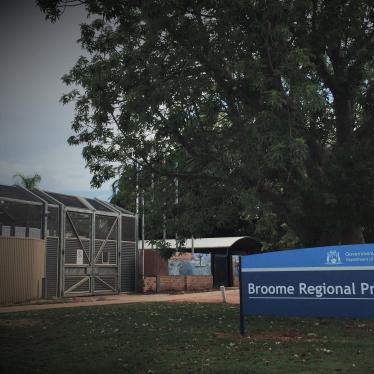After a four-and-a-half-year national investigation involving over 9,000 accounts and 32 public hearings, an Australian commission issued a comprehensive and incriminating 4,872-page report on abuses against people with disabilities.
Australia’s Royal Commission into Violence, Abuse, Neglect and Exploitation of People with Disability found that more than half of Australians with disabilities ages 18 to 64 have experienced physical or sexual violence. Seventy-two percent of women with psychosocial (mental health) or cognitive disabilities have experienced violence since the age of 15, compared to 54 percent of women with other disabilities. About 80 percent of lesbian, gay, bisexual, transgender, intersex, queer, questioning and asexual people with “severe” disabilities reported violence by family members.
The commission found that children and adults with disabilities are frequently “segregated” into special schools, group homes and sheltered workshops. In addition, people with disabilities, including children, are routinely subjected to seclusion as well as mechanical and chemical restraints (through the use of sedatives) in National Disability Insurance Scheme services, healthcare settings, schools, and prisons.
Also, the commission found that First Nations people with cognitive disabilities are more likely to be charged and placed in pre-trial detention than those without cognitive disabilities. Roughly half of children with disabilities in youth prisons have cognitive disabilities and nearly 70 percent have psychosocial disabilities.
The treatment of prisoners with disabilities raised serious concerns regarding indefinite detention and poor prison conditions, including excessive lockdowns and use of solitary confinement, sexual exploitation by fellow prisoners, lack of access to mental health services, and negative staff attitudes.
Several years ago, I investigated 14 adult prisons across Australia and testified before the Royal Commission that prisoners with disabilities routinely experienced bullying, harassment, and physical and sexual violence, and were disproportionately held in solitary confinement with devastating effects to their mental health.
The commission makes 222 recommendations. It calls for a ban on solitary confinement for children with disabilities, but it missed an important opportunity to extend that ban to all adult prisoners with disabilities. It also calls for a disability rights act, creating a federal government portfolio for disability, phasing out segregation, and raising the age of criminal responsibility to 14.
The Royal Commission report is a watershed moment for 4.4 million people with disabilities in Australia. As the country awakens to the rampant abuse and neglect people with disabilities face, Australia’s state and territory governments should promptly act on the commission’s recommendations.







